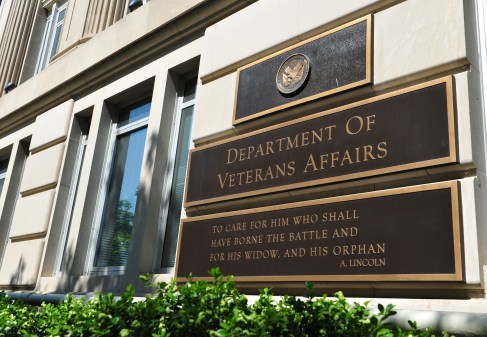VA delays Cerner EHR rollout to Boise due to major stability issues

The Department of Veterans Affairs said Wednesday that the rollout of its electronic health record system (EHR) at the Boise VA Medical Center and other centers has been postponed indefinitely due to long-identified issues with the program’s reliability and safety that could put veterans in danger.
The implementation of the VA’s new EHR system on an Oracle-Cerner developed platform to medical centers around the country will be delayed from its original estimates by at least one to two years and the system rollout is far behind where it was expected to be at the moment, a top VA executive said during a Senate hearing.
“Today we held what we call a ‘go no go’ decision with the Boise VA medical center using what we know in our checklist for what needs to be in place for it to be successful and safe,” said Terry Adirim, Executive Director of the Electronic Health Record Modernization Integration Office at the VA.
“It is a struggle, we are looking for ways we can achieve efficiencies and get the system to a place where core EHR and management activities can be taken across enterprise systems in waves much more quickly. Clearly we’re not there yet, we’re still just in an initial operating capability trying to make all the changes and enhancements to do that,” Adirim said during a Senate Veterans Affairs committee hearing on Examining the Status of VA’s Electronic Health Record Modernization Program.
The EHR system rollout issues have in some instances, including at the center in Spokane, Washington, caused major harm in which a veteran at risk for suicide did not receive treatment because records disappeared in the computer system.
Adirim said the EHR system rollout to bigger VA medical centers around the country would face longer delays because of ongoing system stability issues that could cause major issues within larger more complex VA medical centers.
Kurt DelBene, the chief information officer at the VA, said during the same Senate hearing that the Oracle-Cerner EHR system had major stability issues primarily related to change control and testing; challenges with increased capacity; basic functionality; its resilience design, and its response in last resort disaster situations.
Delbene added that he was working with Oracle to improve the software of the EHR system.
Sen. Marsha Blackburn, R-TN., accused Adirim during the hearing of painting a “very rosy picture” of the VA EHR rollout being successful and productive while the VA’s Office of the Inspector General (OIG) has torched the agency with over a dozen reports and over 68 significant recommendations in the past two years for ways to improve the rollout.
Adirim pushed back saying that the VA takes the OIG reports seriously and admits it faces challenges in implementing the EHR rollout in a timely and safe manner but that it had some successes nevertheless.
“We’ve had what a lot of people would say are four successful [EHR] deployments, but we still have things to work on absolutely,” Adirim said in response to Blackburn.
Adirim added that the Defense Department also faced similar stability and performance issues with their EHR rollout and that the VA had tried to learn from its shortcomings but pointed out that the VA healthcare system is much more complex and care oriented than the DOD’s system.





